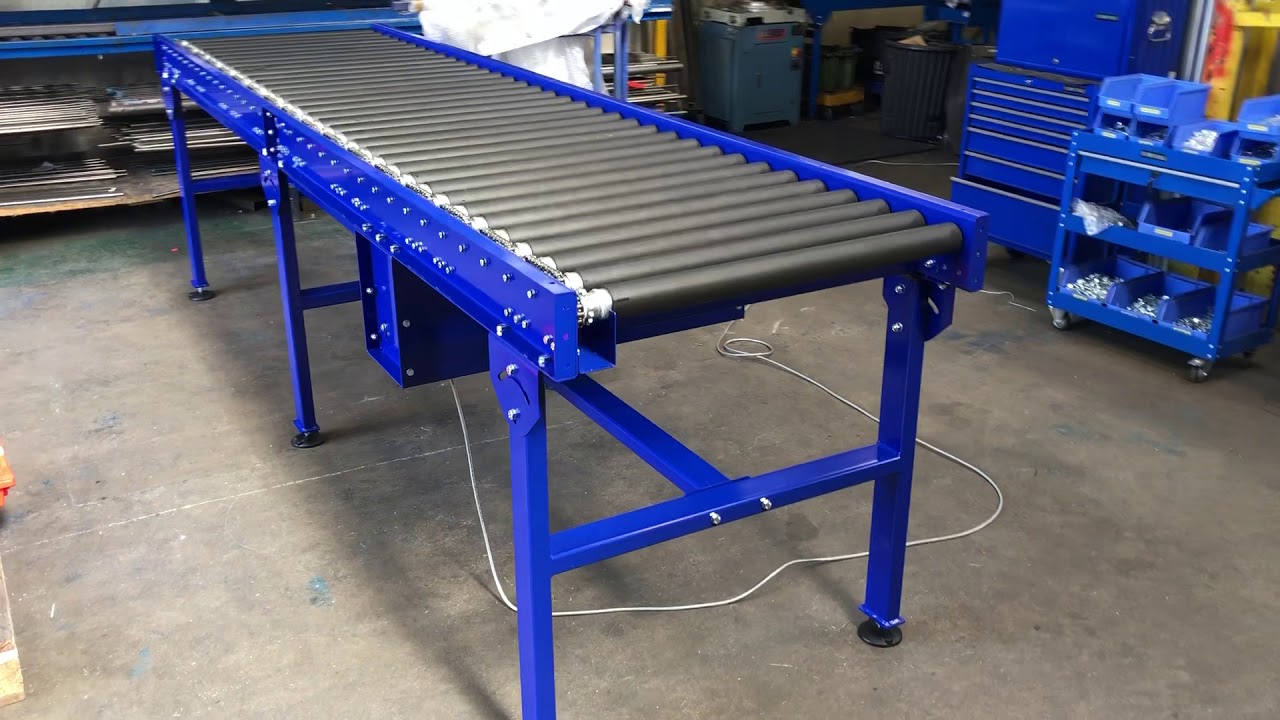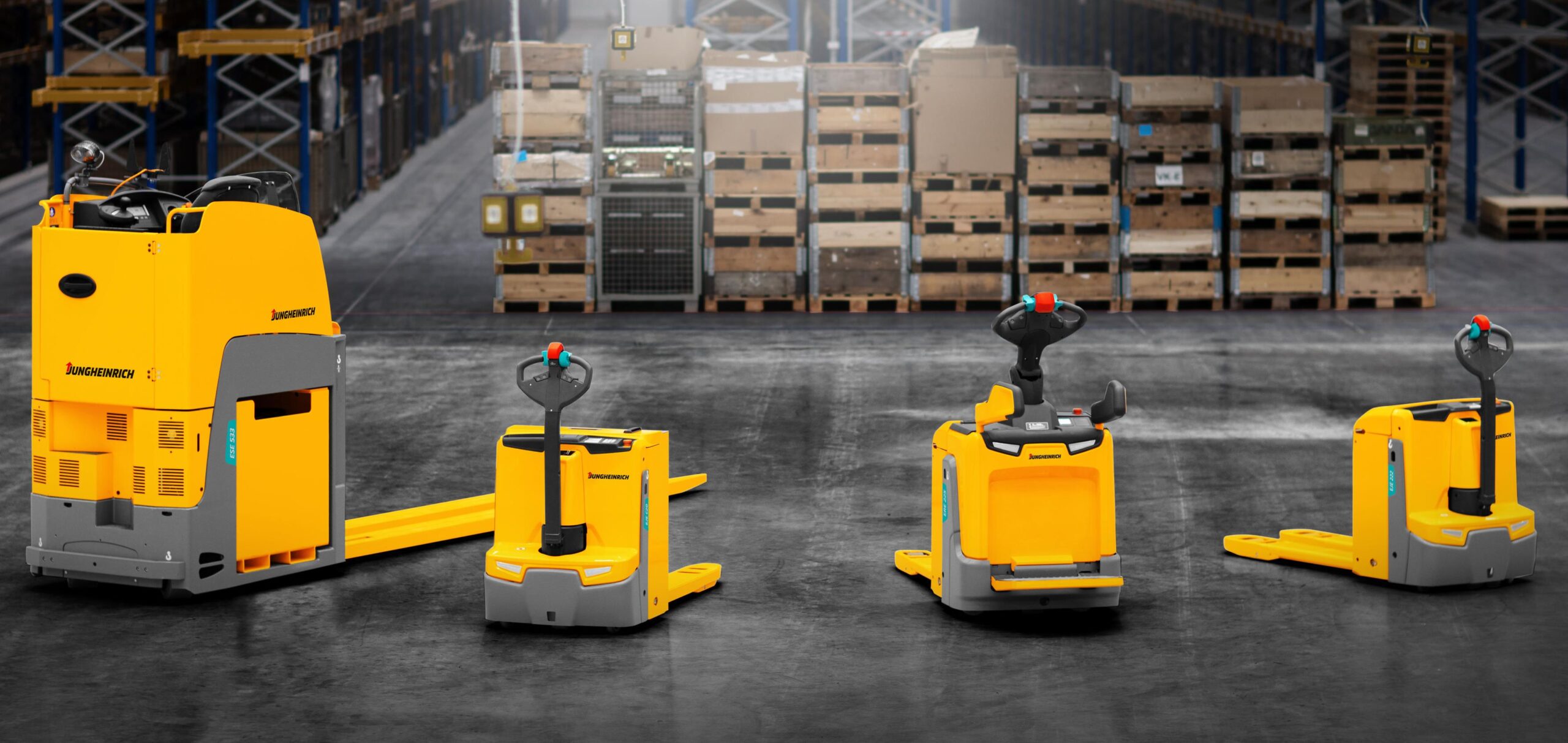
Material Handling Equipment (MHE)

Conveyor Systems
Conveyor Systems


Packaging Machines
GLOBAL CONTACT
Major Market for Exporting Countries
SEND ENQUIRY
Request A Quote
TRUST THE EXPERTS
Why Sharp Engineering?
Our firm has recruited a team of personnel, who have deep knowledge in their respective sphere. They work in close-sync with the patrons to bestow their precise need without making any kind of hindrance. In addition to this, our professionals offer their best to achieve high clients’ satisfaction.
Our team includes:
- Procurement agents
- R & D personnel
- Technocrats
- Quality control personnel
- Sales and marketing representatives
1996
Year of Establishment
100+
Export countries
180+
Products
TRUST THE EXPERTS
Why Sharp Engineering?
Our firm has recruited a team of personnel, who have deep knowledge in their respective sphere. They work in close-sync with the patrons to bestow their precise need without making any kind of hindrance. In addition to this, our professionals offer their best to achieve high clients’ satisfaction.
Our team includes:
- Procurement agents
- R & D personnel
- Technocrats
- Quality control personnel
- Sales and marketing representatives
Video


Certificate


1996
Year of Establishment
100+
Export countries
180+
Products
Clients

















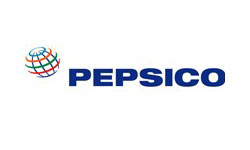

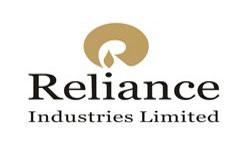

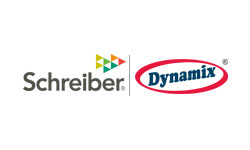


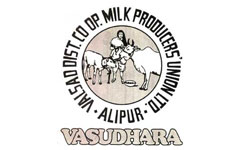


Blogs
01.09.2022
High Utility Chain Roller Conveyors
High Utility Chain Roller Conveyors Chain Roller Conveyors are electrically controlled roller conveyor which provides you flexibility in layout and
01.09.2022
Advantages / Features of Pallet Trucks
Advantages / Features of Pallet Trucks Hydraulic hand pallet trucks are specially designed for smooth horizontal movement inside the operating
01.08.2022
Applications of Fully Auto Strapping Machines
Sharp Engineering offers Fully Auto Strapping Machines for the cost-efficient packaging of customised batches of consumer goods and industrial goods.
News & Current Blogs
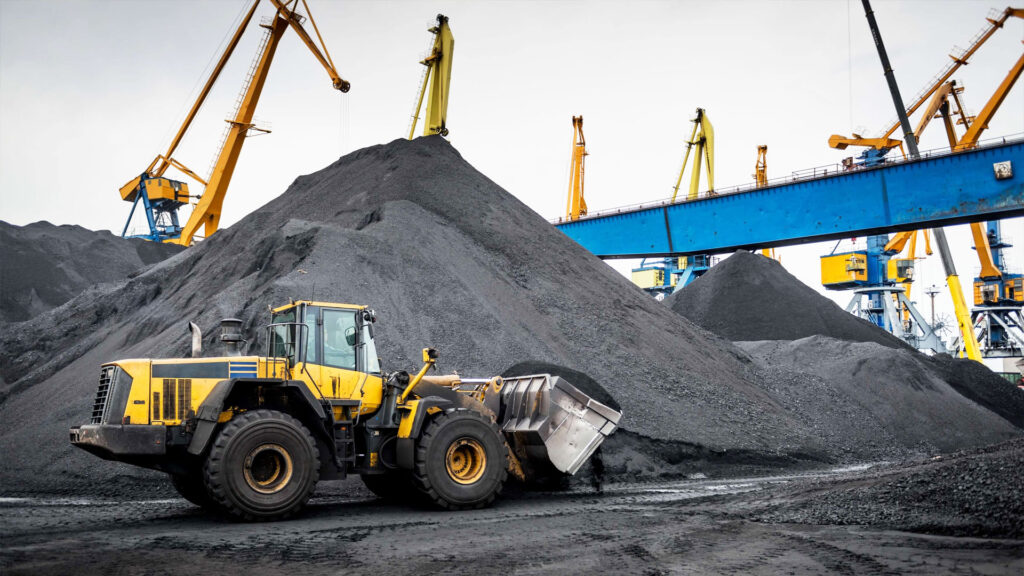
25.04.2022
Motivated, the Germany-based Ferraro Group is looking to the future
Little available space, no new developments and a nevertheless booming construction industry.


